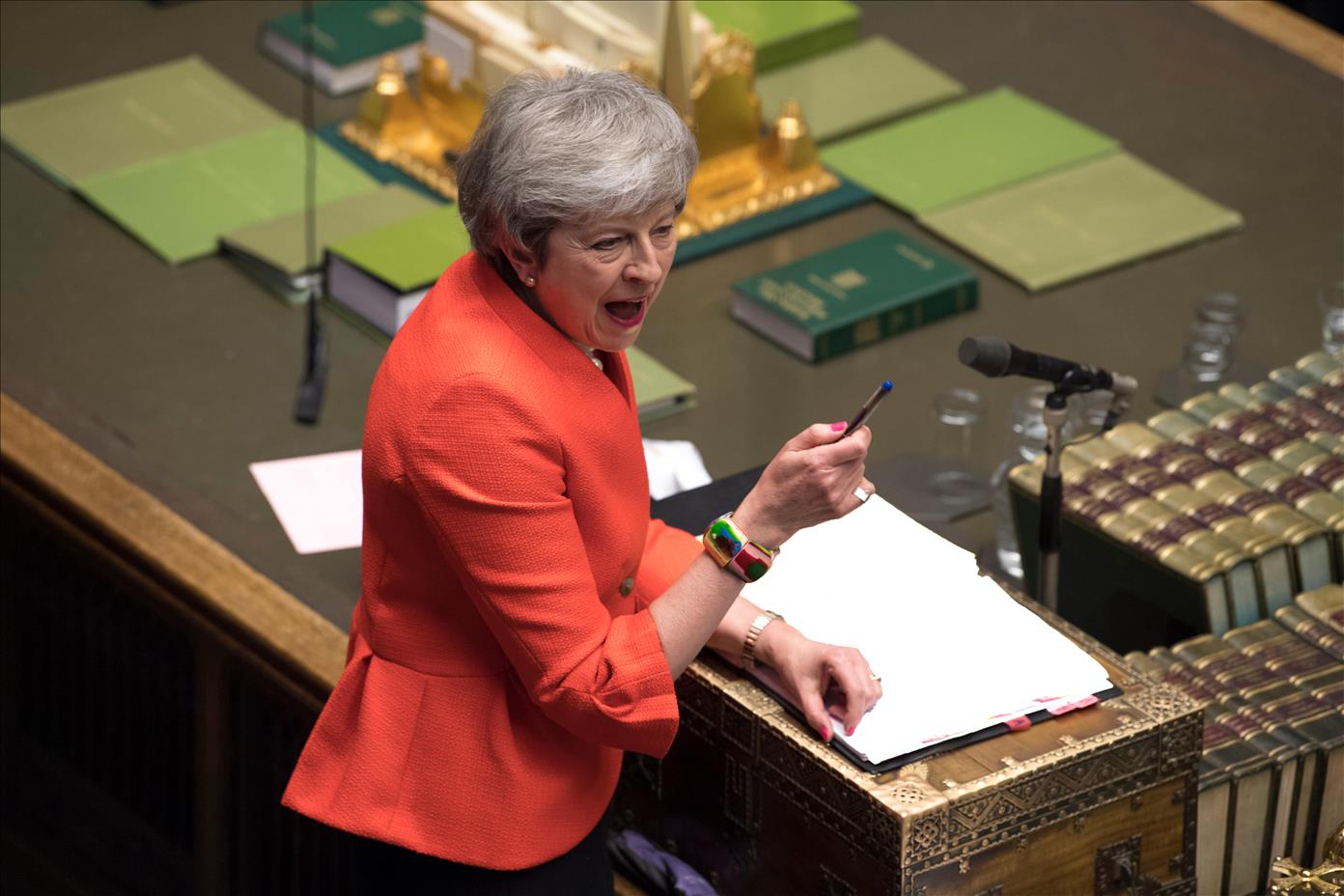(MENAFN- The Conversation) We can learn a lot about politicians' true intentions by paying attention not just to what they say, but how they say it. In speeches and debates, certain words and phrases reflect their commitments to political, social and economic ideas. Through legislation, these ideas ultimately affect people's lives.
Brexit and its aftermath is a prime case study of this. British people had different ideas about what Brexit would mean for the UK, and voted for or against the idea in a referendum. But the space where Brexit was turned into reality through legal framework was in parliament.
In a recent study , I examined parliamentary speeches and debates to understand what politicians actually believed about Brexit, and how confident they were in those beliefs.
One way to measure this conviction is to look at the frequency of strong and weak verbs and phrases in speech. Compare these two sentences:
I know there is ice cream in the fridge I suppose there is ice cream in the fridge
The first sentence carries much more confidence about the existence of ice cream in the fridge. In linguistics, phrases like“I suppose”,“I believe” and“I know” are known as epistemic modals , and can be strong, weak or somewhere in between. Politicians (and indeed, many other people) use them to project a sense or lack of confidence when speaking. The phrase“I think” also has a special role in political speech as a way to assert authority over what is being said. This is unlike its role in everyday speech, when it is often used to mitigate or soften.
In my analysis of a series of parliamentary debates on Brexit taking place in December 2018 (a total of 208,152 words), I found that MPs used weak discourse markers more often than when compared to debates about other issues.
To put my analysis in context, I compared it to a similar analysis of budget debates in UK parliament in 2010. I found that during Brexit debates, MPs used more weakening phrases such as“I would say” or“I would argue”, or verbs such as“might”,“seem” or“could”, indicating lower levels of commitment in comparison to the budget debates.
on december 4 2018 , Labour MP Vernon Coaker said:“It seems that a catastrophic failure of leadership has brought us to within a few weeks of when we are supposed to leave the European Union.”
His use of“it seems” is an example of how someone can weaken a statement if they wish to be more careful in their expression. Simply saying“it is a catastrophic failure of leadership” would have been much stronger, but could have triggered stronger challenges or consequences from political opponents or the press.
The results of my analysis indicate that MPs did not appear very confident in what they were saying about Brexit in parliament. This is somewhat surprising, particularly when considering the strong beliefs voiced during the Remain-Leave campaigns, and the potential economic implications of Brexit.
But the high uncertainty around Brexit back in 2018 and the lack of a clear negotiated withdrawal agreement at that time, especially during the heated December debates, could explain this observation. MPs didn't know how Brexit would play out, and therefore were much less confident in making assertions.
The language used in parliament can tell voters how confident their MPs are about a topic. PA images/Alamy The will of the people
One of the only ways that I found MPs (mostly from the government benches) were able to talk confidently about Brexit, and to assert authority in debates, was to equate it with“the will of the people”.
This“will of the people” is a common phrase used in modern populism , and does not account for the nuance of the different views, opinions and needs of“the people” in a diverse society. There are many reasons people may have voted to leave or to remain, and their opinions may have changed since the referendum.
But references to the“will of the people” came up 120 times during the debates I looked at, mostly in combination with strong markers such as“we need” or“I believe” or“I think” to assert authority over what is being said. We can see this with former prime minister Boris Johnson, when he stated in December 2018 that“I think the British people were completely right”.
My findings show that we should not only listen to what politicians say, but also how they say it. Paying attention to the phrases they use (and what they suggest about their level of confidence), will allow us to make more informed decisions when it comes to exercising our right to vote.




















Comments
No comment